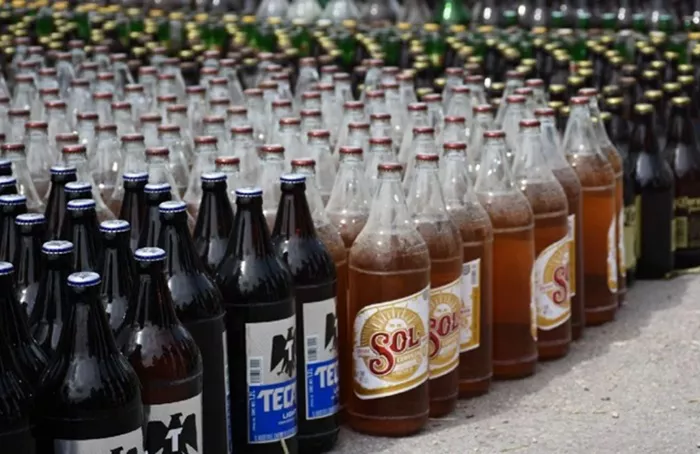COPENHAGEN, Denmark, Nov. 12, 2024 /PRNewswire/ – While Roman culture is commonly associated with wine, new insights from the Carlsberg Research Laboratory reveal that beer may have been a staple for Roman soldiers. According to historical findings, Roman soldiers were provided with beer rations as part of their daily supplies, suggesting beer was essential in the Roman military diet.
Despite the popular image of Romans celebrating victories with goblets of wine, Carlsberg researchers suggest that gladiators and soldiers may have preferred beer to unwind after duty.
The Carlsberg Research Lab has detailed the brewing techniques likely used by Romans, showing that their methods were inspired by the Egyptians. “The brewing techniques Romans used were probably adapted from Egyptian practices, influencing everything from recipes to ingredient handling,” said Zoran Gojkovic, Director of Brewing Science, Yeast and Fermentation at Carlsberg.
Roman beer would have been notably different from modern brews. Unlike today’s malt, which gains its dark color and flavor from drying over an open flame, Roman beer was made with undried malt, resulting in a lighter color and distinct flavor. This process limited the Maillard reaction, which gives modern beers their roasted notes. Romans primarily used barley for brewing, though historical records suggest that rye was used in certain regions.
The beer consumed by Roman soldiers likely had a lower alcohol content, estimated at around 2-3% ABV, similar to a modern session beer. Egyptian brewers often used dates to introduce fermentation, producing a sweeter, partially fermented beer. Gojkovic speculated that Romans may have used figs instead, introducing wild yeasts and bacteria from the fruit that could have imparted unique flavors, such as vanilla, tobacco, and earthy notes.
“Romans could have used figs as a starter culture rather than bread, as previously thought. This would bring wild yeast and bacteria from the fruit itself, creating distinctive aromas,” added Gojkovic.
Although vastly different from the beer served today, Roman brews provided an ancient precedent to the craft.
You Might Be Interested In:


